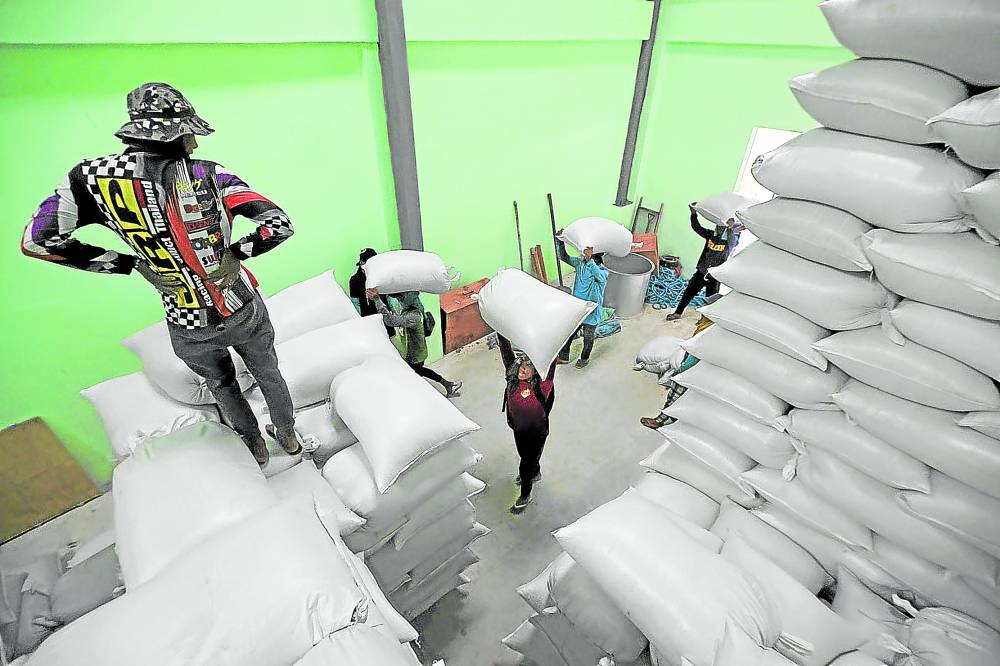Agri dep’t moves to lessen red tape on food imports
The Department of Agriculture (DA) formed a technical working group (TWG) tasked to come up with measures that would help ease the entry of imported agricultural products, shore up food supply and tame inflation.
In a statement over the weekend, the DA said the latest initiative “would make it easier for importers to secure licenses or exempt licensed importers from submission of registration requirements.”
Under Special Order No. 768, the TWG shall streamline procedures and requirements for securing licenses among importers.
The TWG will facilitate the entry of certain food products not covered by the minimum access volume (MAV) or the quota system.
MAV refers to the volume of a particular agricultural product that can be sourced from abroad with a lower tariff rate. This is the minimum volume that the Philippine government committed to accept into the country through the World Trade Organization.
Also, the committee will explore ways to reduce or remove administrative fees related to the procurement of imported agricultural goods.
Such undertakings, according to the DA, should be conducted in consultation with the National Economic and Development Authority’s committee on tariff and related matters.
Specifically, such policies should reduce the period for processing applications as well as exempt licensed traders from submitting requirements, subject to existing law, rules and regulations.
The panel will simplify procedures and requirements for traders to obtain sanitary and phytosanitary import clearance and adopt “concrete steps” to enhance logistics, transport, distribution and storage of imported commodities.
Barriers
The DA convened the group following President Marcos’ order to streamline administrative procedures and policies and remove nontariff barriers in bringing in imported goods.
The President made this order to the departments of Agriculture, Finance and Trade through Administrative Order No. 20. This was issued in April this year following observations that administrative constraints and nontariff barriers “unduly add” to the importation cost, resulting in higher prices of agricultural products.
“It is imperative to further streamline administrative policies to foster transparency and predictability of policies on the importation of agricultural products in order to help ensure food security, maintain sufficient supply of agricultural goods in the domestic markets and improve local production,” the order read.
Executive Order No. 50, signed in December last year, extended the validity of reduced import tariffs on rice, corn and meat until the end of 2024.
All meat imports—whether they be fresh, chilled or frozen—are subject to a tariff rate of 15 percent if under the quota system and 25 percent if in excess of quota, while rice imports are levied with a tariff of 35 percent. INQ

